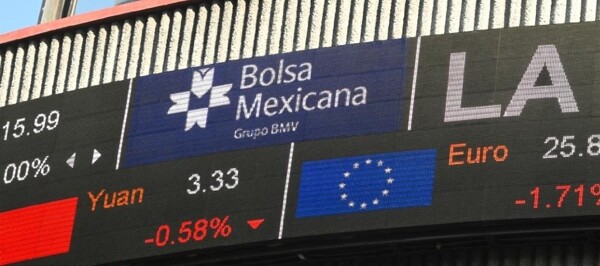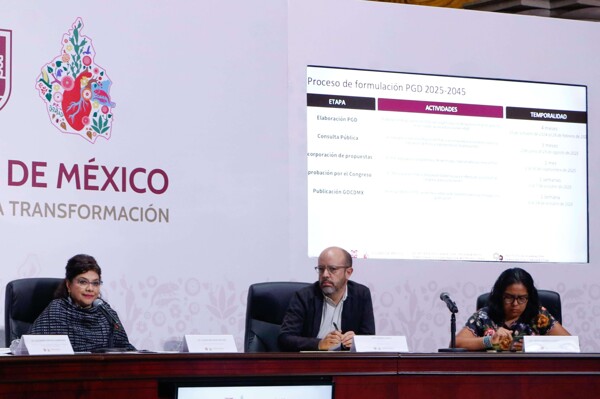
The company WeWork does not plan to grow its portfolio of 22 properties in its 2024 plan. The company has managed its spaces efficiently thanks to new ways of working that allow handling the constantly growing demand.
These trends have had a significant impact on the office market in Mexico City, leading to space adaptation contracts, furniture agreements, and changes in policies by real estate developers. Downsizing, which involves adjusting operations during periods of instability, has been part of previous market cycles.
During the second quarter of 2023, the office availability rate remained at 23%, but in the second half of the current year, it has decreased to 22.2%. Analysts attribute this decrease to an increase in demand for equipped corporate spaces, in contrast to the usual delivery of offices in shell form.
An analysis conducted by Newmark Mexico has revealed that the proportion of offices delivered in shell form has significantly decreased, from 79% in 2017 to less than 34% currently. Currently, 48% of delivered offices are equipped, furnished, or semi-equipped.
Considering the constant demand for space in recent quarters and the integration of new buildings under construction into the inventory, the availability rate is expected to continue decreasing. Industries such as technology, consulting, finance, industrial, consumer, and government are positively contributing to this trend.
The decisions of some companies regarding space acquisition are also influenced by business policies, such as those implemented during the Trump administration. The low availability is reflected in popular corridors such as Reforma, Polanco, and Lomas, among others.
Overall, the outlook suggests that the office market in Mexico City is on the verge of a new growth cycle, driven by space optimization, demand from smaller companies, and new hybrid working methods. Adapting to these changes will be essential to retain talent and meet the needs of tenants in an ever-evolving scenario.














